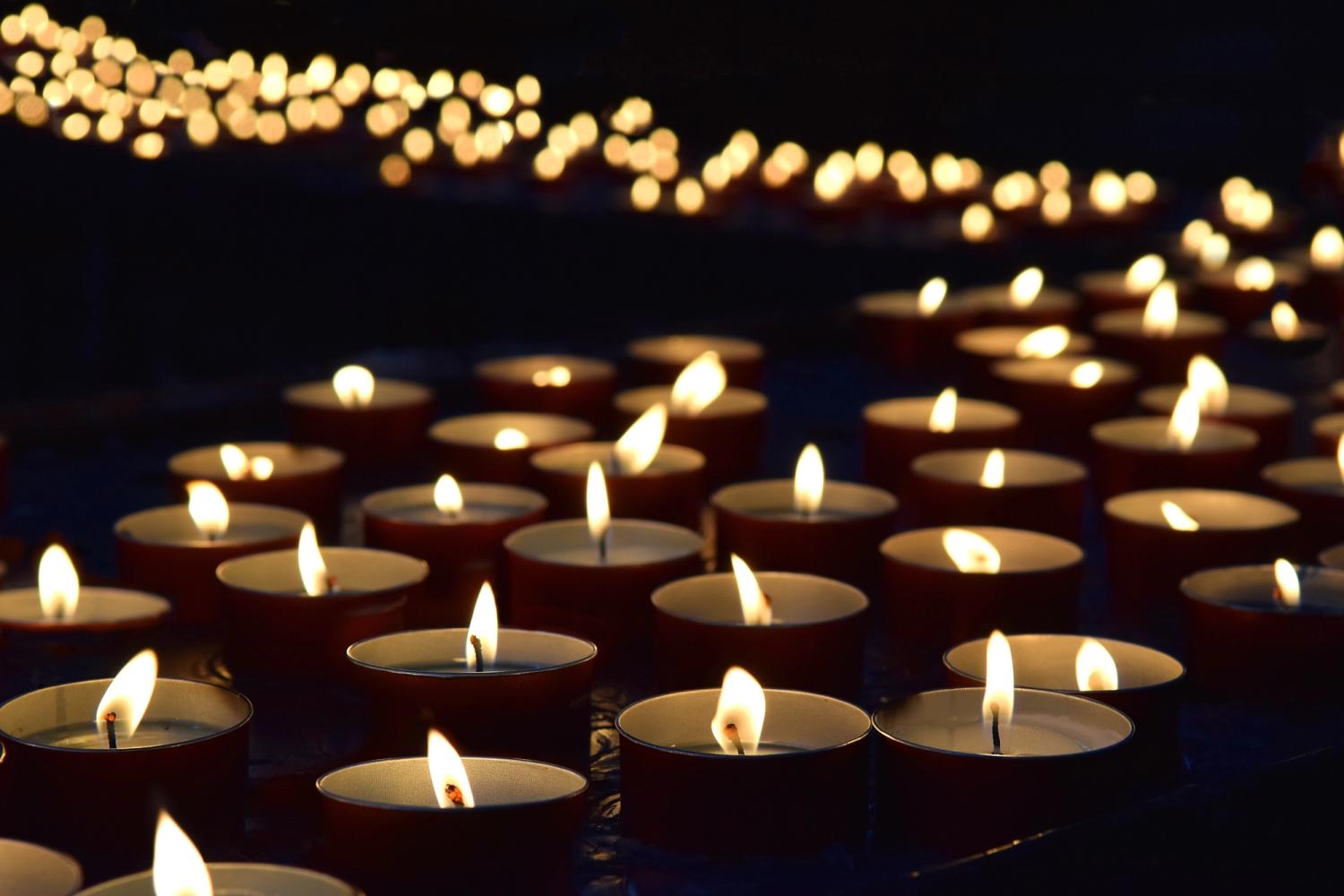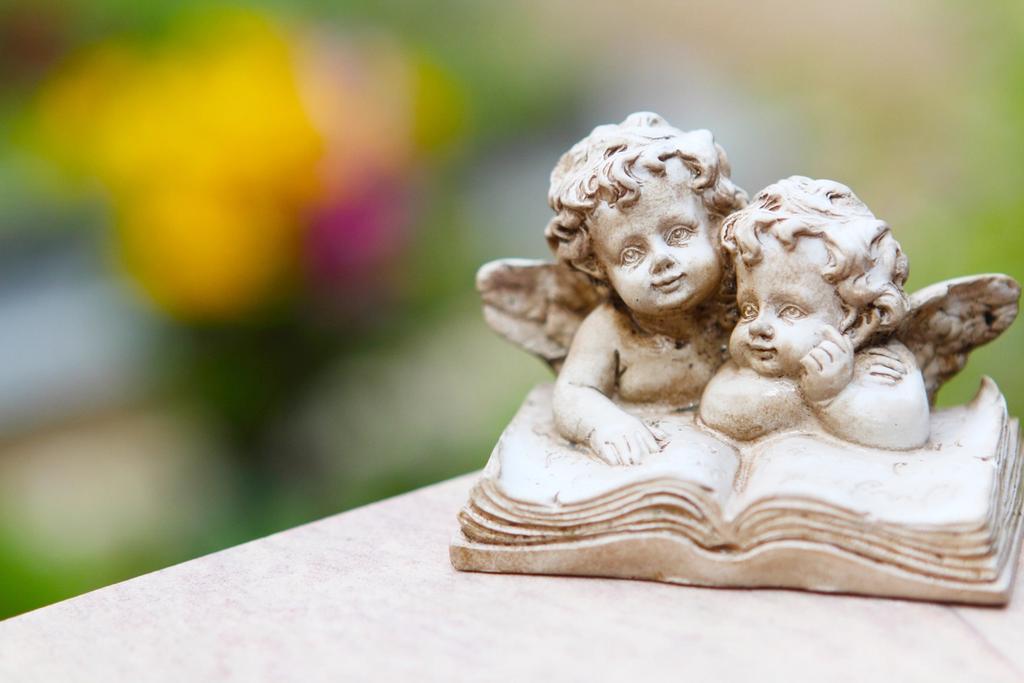13 Religious Perspectives On Mourning And Memorial Events
Different religions have various approaches to mourning and memorial events.

While some religions have prescribed mourning periods and memorial events, others do not. Here are some major religions' perspectives on mourning and memorial events.
Anglican/Episcopalian
Episcopalians do not observe any specific mourning periods or memorial events.
Baptist
Baptists do not observe any specific mourning periods or memorial events.
Buddhist
Buddhists do not observe any specific mourning periods or memorial events.
Catholic
Catholics do not observe any specific mourning periods or memorial events.
Eastern Orthodox
The mourning period for Eastern Orthodox Christians lasts for forty days. Within those forty days, the third day, the ninth day, and the fortieth day all have special significance. After forty days, memorials are celebrated at three months, six months, nine months, one year, and on the anniversary of the death for at least seven years. For close relatives, the mourning period may last for one year, during which widows and widowers may wear only black clothing and will recite Panikhidas regularly. Close relatives may also stay home from work for one week and avoid social gatherings for two months.
Hindu
Hindus observe both a mourning period and memorial events. The day after the cremation, the eldest male relative (known as “karta”) will return to the crematory and collect the ashes. Traditionally, the ashes should be immersed in the Ganges River, though more and more other rivers are becoming acceptable substitutes. For Hindus living outside of India, there are companies that will arrange for the shipment of the cremated remains to India and will submerge the ashes in the Ganges.
The cremation of the deceased marks the beginning of the mourning period, which lasts for 13 days. During this time, the family will stay at home and receive visitors, though mourning rituals may differ depending on the community. A photograph of the person who died may be prominently displayed, and a garland of flowers may be placed on the photograph. Throughout the mourning period, the rite of “preta-karma” will be performed, which assists the disembodied spirit of the deceased to obtain a new body for reincarnation.
One year after the death, the family will observe a memorial event called “sraddha,” which pays homage to the person who died. The karta will invite Brahmins, members of the highest caste, to the home and provide them with an elaborate meal, treating them as he would his own parents.
Jewish
There are two periods of mourning in Judaism. The first, called “shiva,” meaning “seven,” takes place over the seven days immediately following the funeral. During shiva, the family gathers every day in a family home to mourn and pray. For seven days, family members do not go to work or participate in the routine of their normal lives. Guests are received during this time. On the first day of shiva, a shiva candle is lit, which will burn for the duration of the week.
The second period of mourning is called “shloshim,” meaning “thirty,” and lasts until the thirtieth day after the funeral. During shloshim, mourners will resume many of their daily routines, but will continue to recite the Mourner’s Kaddish daily. Shloshim marks the end of the formal mourning period and a full return to daily life, except in the event that mourners are mourning the death of a parent. If a parent has died, the formal mourning period lasts an entire year.
Any time within the first eleven months after the death, there will be a ceremony around the installation of the headstone, called a "headstone unveiling." (Though a headstone unveiling is traditional, there is no religious obligation to have an unveiling.) Before the ceremony begins, the headstone is covered in a sheet or cloth. Those in attendance gather around the headstone and recite psalms and perhaps a brief eulogy before removing the cloth. The Memorial Prayer, called “El Maleh Rachamim,” is then recited. If there are at least ten people in attendance, the Mourner’s Blessing, called “Mourner’s Kaddish,” may be recited. After the prayers have been recited, those in attendance will place small stones on the headstone as a sign that you visited the grave and as a sign of respect for the person who died.
There are two specified memorial events in Judiasm. The first, called “yahrzeit,” is observed on the anniversary of the death (according to the Hebrew calendar). Every year, the night before the anniversary of the death, a yahrzeit candle is lit, which will burn for 24 hours, and the mourner recites the Mourner’s Kaddish.
The second memorial event, called “yizkor,” takes place on Yom Kipur, the Day of Atonement, as well as on the holiday of Shemini Atzeret and on the last days of the holidays Passover and Shavuot. Yizkor is a memorial prayer service, and mourners will go to synagogue to mourn with the community.
Lutheran
Lutherans do not observe any specific mourning periods or memorial events.
Methodist
Methodists do not observe any specific mourning periods or memorial events.
Mormon
Mormons do not observe any specific mourning periods or memorial events.
Muslim
Traditionally, the Muslim mourning period lasts 40 days. Depending on the degree of religiousness of the family, however, the mourning period may be much shorter.
Widows are expected to observe a longer mourning period, generally of four months and ten days. During this time, widows are prohibited from interacting with men whom they could potentially marry (known as “na-mahram”). However, this rule may be overlooked in cases of emergency, such as when the widow must see a doctor.
Presbyterian
Presbyterians do not observe any specific mourning periods or memorial events.
Quaker
Quakers do not observe any specific mourning periods or memorial events.
- How To Express Sympathy: What To Say And What...We’ve compiled a list of things to say—and things to avoid saying—when...Read more
- A Quick Overview Of Proper Funeral EtiquetteFunerals are emotionally complex, and knowing how to act can present a...Read more
- Paying Final Bills, Dues, And Estate ExpensesIn order to settle the estate, all outstanding bills and dues that the...Read more
- Funeral Pre-Planning Cheat SheetPlan now, rest later.Read more



